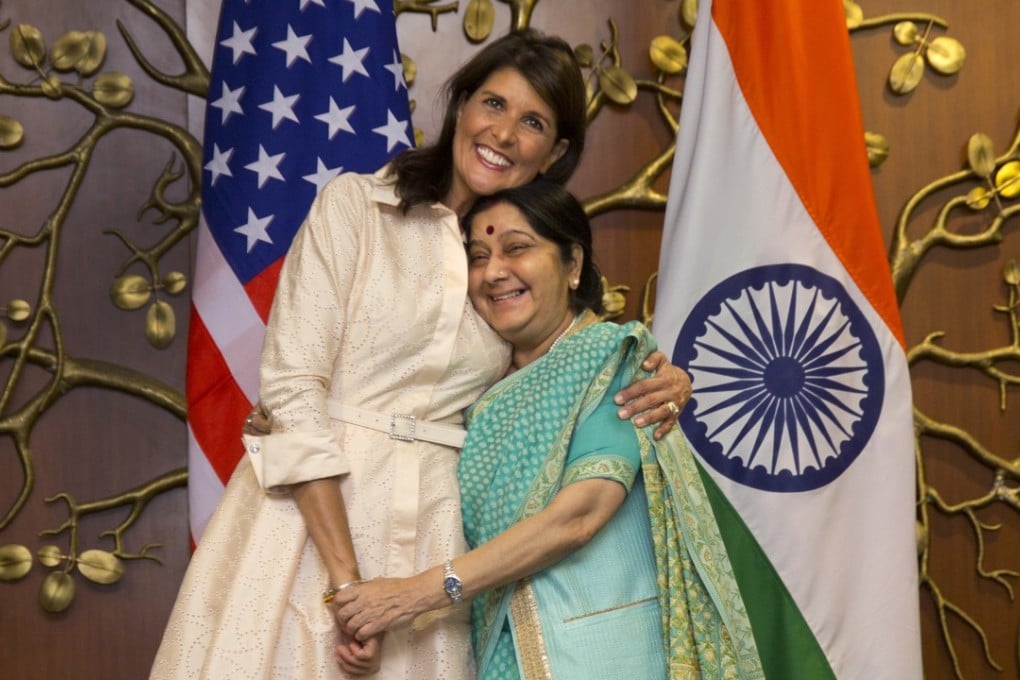US postpones high-level dialogue with India as Donald Trump’s tariff threats ratchet up global tensions
The US has ratcheted up global trade tensions with tariff threats - prompting several countries, including India, to retaliate

The United States has announced postponement of a high-level dialogue with India scheduled for next week in Washington, DC, without assigning any reasons even as its ambassador to the United Nations met with top Indian leaders in New Delhi to step up ties in various fields.
US Secretary of State Mike Pompeo spoke with India’s External Affairs Minister Sushma Swaraj and expressed regret over the dialogue postponement for “unavoidable reasons”, said India’s External Affairs Ministry spokesman Raveesh Kumar in a tweet.
No new dates were announced for the meeting.
Swaraj and Defence Minister Nirmala Sitharaman were to hold talks with their American counterparts Mike Pompeo and James Mattis next week on economic, trade and defence issues.
The announcement came at a time of heightened trade tensions between the two countries.
India last week announced a plan to raise tariffs on 29 US imports in retaliation for the US decision to include India in its list of countries covered by higher steel and aluminium duties.